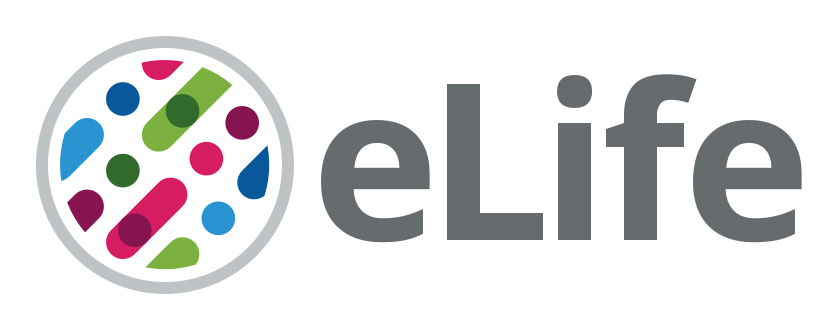Clarivate, the data company for scholarly publications, has decided to continue indexing some content from eLife in Web of Science, after reevaluating the open-access biology journal’s unusual practice of publishing articles without accepting or rejecting them. The journal will not receive an Impact Factor.
Last month, Clarivate paused indexing new content from eLife, citing a policy on “Coverage of journals/platforms in which publication is decoupled from validation by peer review.”
eLife last year adopted a new model in which it publishes every manuscript its editors send out for review, along with the text of the reviews and an editor’s assessment of the significance of the findings in the paper and the strength of the evidence presented. The editorial assessments of the paper can be “exceptional,” “compelling,” “convincing,” “solid,” “incomplete,” or “inadequate.”
As a spokesperson for Clarivate previously told Retraction Watch for our story about the reevaluation:
Continuing cover-to-cover indexing of eLife would mean indexing content that is ‘Incomplete’ or ‘Inadequate’ and risks allowing untrustworthy actors to benefit from publishing poor quality content, and conflicts with our standard policy to reject/remove journals that fail to put effective measures in place to prevent the publication of compromised content.
The spokesperson at the time suggested Clarivate might index some eLife papers but not others, which is what the company has now said it will do.
If eLife provides a feed of articles that excludes any deemed “incomplete” or “inadequate,” Clarivate will continue indexing the rest, a spokesperson for the data company told us. The spokesperson said:
We have found the cohort of content considered to have been ‘validated by peer review’ passes our 24 quality criteria. Therefore, we can continue to cover eLife in the Web of Science Core Collection. As per our policy, eLife will be partially indexed in ESCI, subject to the provision of the appropriate feed.
As partially indexed journals are not eligible to receive a JIF [Journal Impact Factor] or any other journal-level citation metric, eLife will not receive a JIF in next year’s JCR release.
A spokesperson for eLife told us the journal learned of Clarivate’s decision Tuesday and had not yet responded to the company’s letter.
In a statement about the reevaluation posted to its website last month, eLife said it “never wanted” an Impact Factor, which “says little about the quality of any individual research article.”
However, Damian Pattinson, eLife’s executive director, previously told us the journal understands the value of indexing and its importance for authors. eLife had been discussing its model with Clarivate for a while, he said at the time of the reevaluation, and would talk with its partners and funders about how to move forward.
Like Retraction Watch? You can make a tax-deductible contribution to support our work, follow us on Twitter, like us on Facebook, add us to your RSS reader, or subscribe to our daily digest. If you find a retraction that’s not in our database, you can let us know here. For comments or feedback, email us at [email protected].

Can you update us about Heliyon ?